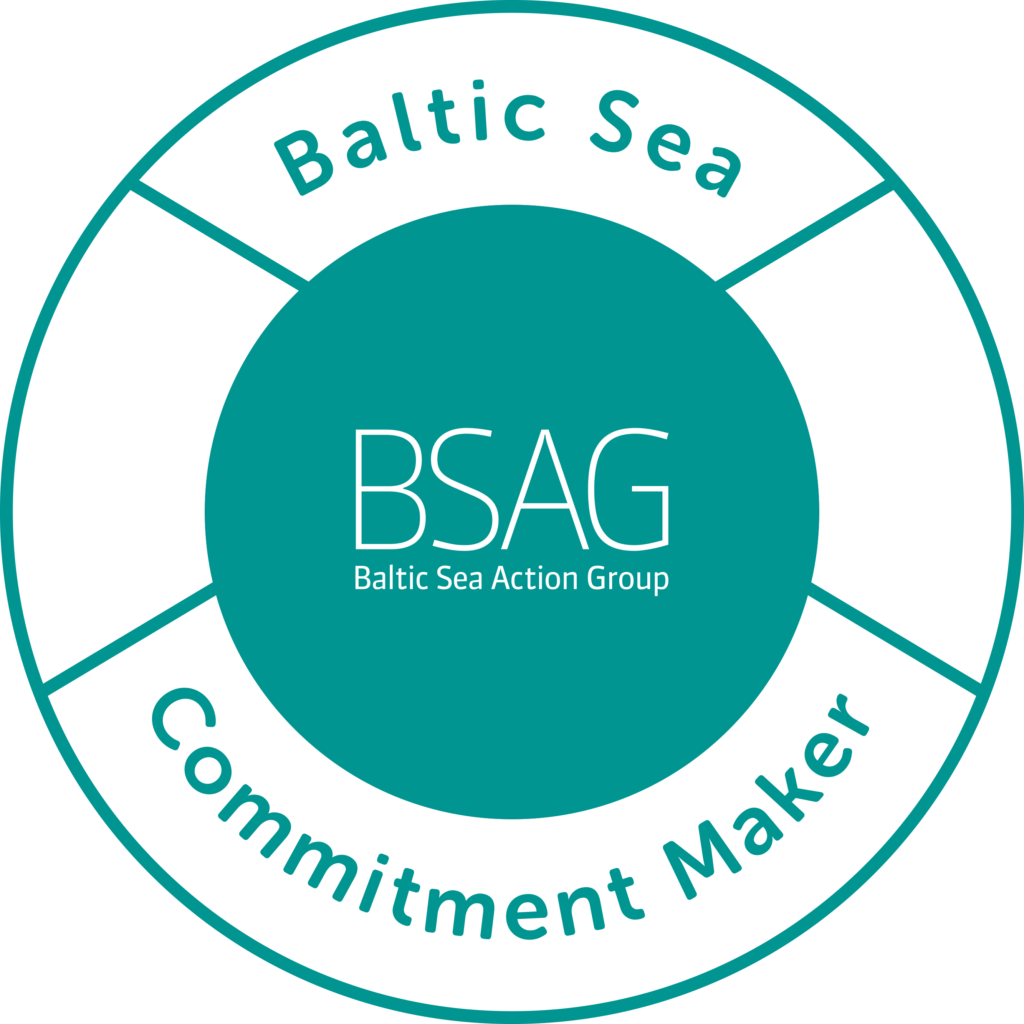Biodiversity
Despite technological advancement, humanity remains entirely dependent on healthy and thriving ecosystems. Climate change is one of the main drivers for biodiversity loss, and therefore, both issues must be addressed simultaneously. In Eolus’ sustainability strategy, we have set a goal that by 2030, we will have a net-positive impact on biodiversity, both on land and at sea, within our areas of influence. This means that the activities conducted by Eolus should predominantly have a positive effect on the protection and strengthening of biodiversity.
Net-Positive Impact by 2030
Since climate change is one of the major causes of biodiversity loss, the expansion of renewable energy plays a crucial role in reducing the negative impact on biodiversity. Therefore, Eolus’ core business activities play an important role and the way we develop our projects is a significant opportunity to strengthen biodiversity. To achieve the goal of a net-positive impact on biodiversity, we need to continuously develop and systematize our approach to project development. We work systematically according to the mitigation hierarchy: avoid, minimize, restore, and compensate and continuously assess biodiversity risks. We aim to set science-based targets for biodiversity and are evaluating Science Based Targets for Nature (SBTn) as a potential method for this.
Case Study – Developing Offshore Windpower with Respect for the Marine Environment
Through our collaboration with the Baltic Sea Action Group (BSAG), Eolus has taken significant steps towards a more sustainable development of offshore wind power in 2023.
“The Baltic Sea is unique in many ways, with low salinity and a limited area, making it vulnerable to human activities,” says Anna Lundsgård, Head of Offshore at Eolus.
The collaboration with the Baltic Sea Action Group is part of our efforts to establish offshore wind power in a way that respects the sensitive environment of the Baltic Sea. Eolus’ commitment initially spans from 2022 to 2025. It includes all offshore wind projects developed by Eolus in the Baltic Sea, currently in Swedish and Finnish waters, as well as potential future projects in Poland and the Baltic states.
Eolus has committed to establishing offshore wind power in a way that respects the sensitive environment of the Baltic Sea
Eolus’ commitment entails participating in projects and activities that contribute to the well-being of the Baltic Sea and raising awareness of the value of renewable electricity production in the area. We also commit to identifying and minimizing the risks of offshore wind power to marine life and increasing public awareness of both risks and mitigation measures. Additionally, we commit to working to reduce the environmental impact of maritime traffic during development, construction, and operation.
“As part of our collaboration with the Baltic Sea Action Group, we held a workshop with experts during the year on how to consider the sensitive marine environment of the Baltic Sea in the development of offshore wind power. We received positive feedback from this workshop and plan to continue this work in 2024,” says Tiina Partanen, Eolus Country Manager in Finland.
In 2023, Eolus also explored opportunities for research collaborations with various universities to increase knowledge about the effects on marine environments from the establishment of offshore wind power. This work will continue, and we have the ambition to establish a scholarship for university students to write master’s theses.
“It is important that we work both long-term and in-depth, while also reaching out and disseminating knowledge. Therefore, in August, we participated in Baltic Sea Day by collecting litter at the Vantaanjoki River. It was a way to raise awareness about how much waste ends up in the sea from our inland rivers,” says Tiina Partanen.
During the year, Eolus also increased the requirements for procurement of seabed surveys, including both reports on emissions data and zero tolerance for discharge of harmful gray water.
In addition to the collaboration with the Baltic Sea Action Group, Eolus has initiated several local efforts to promote biodiversity in the areas where our projects are located, with a specific focus on endangered species.
